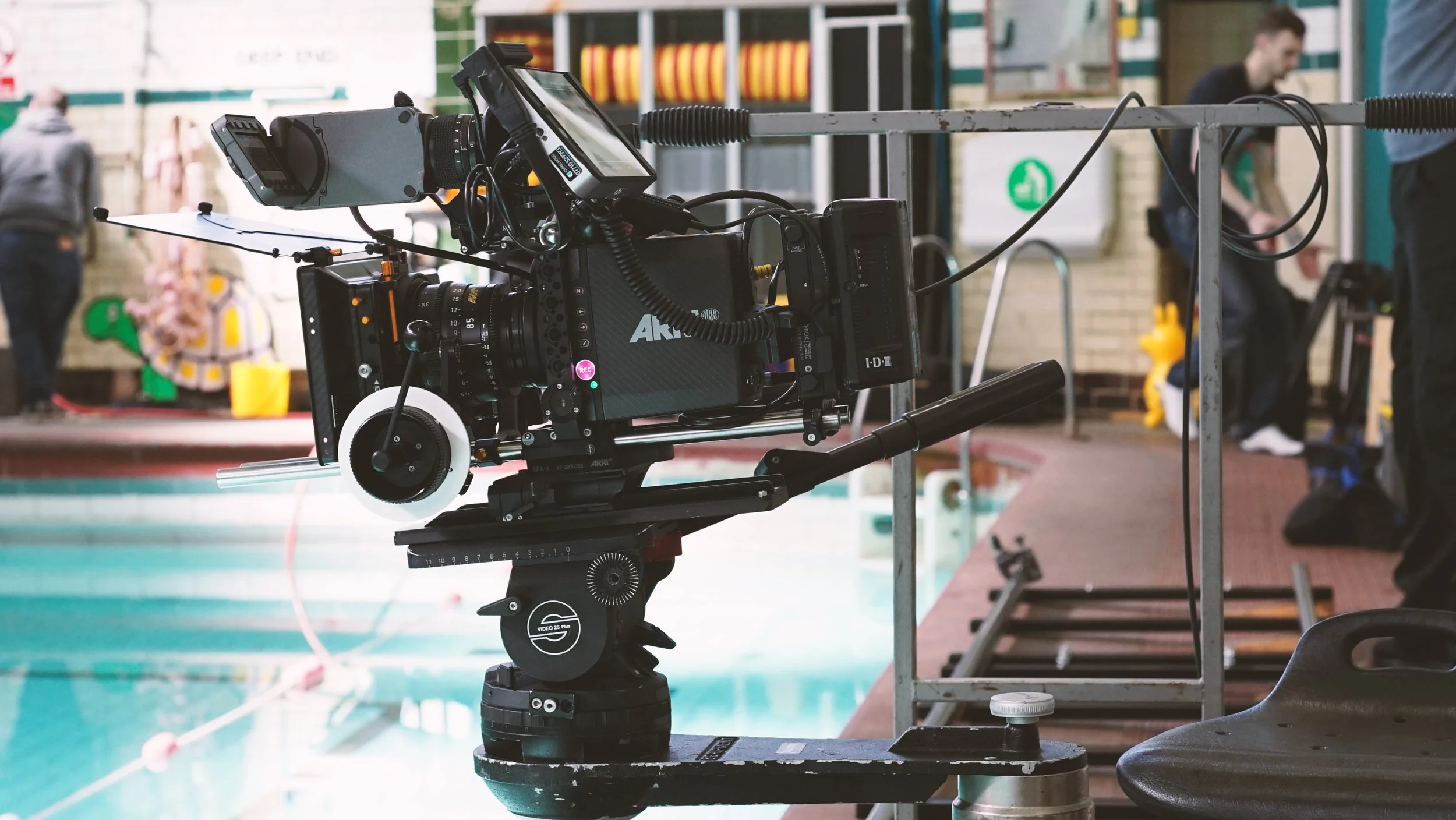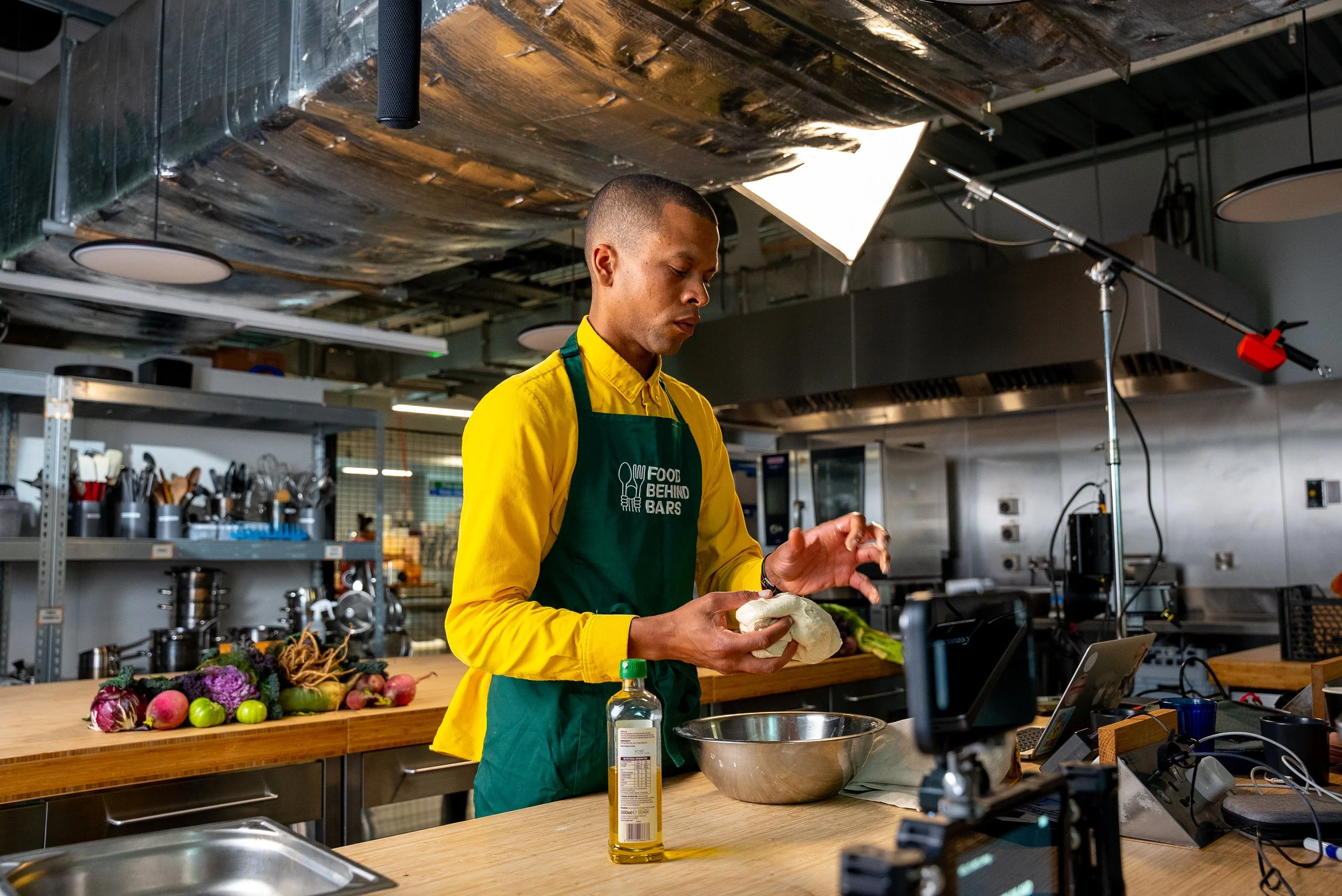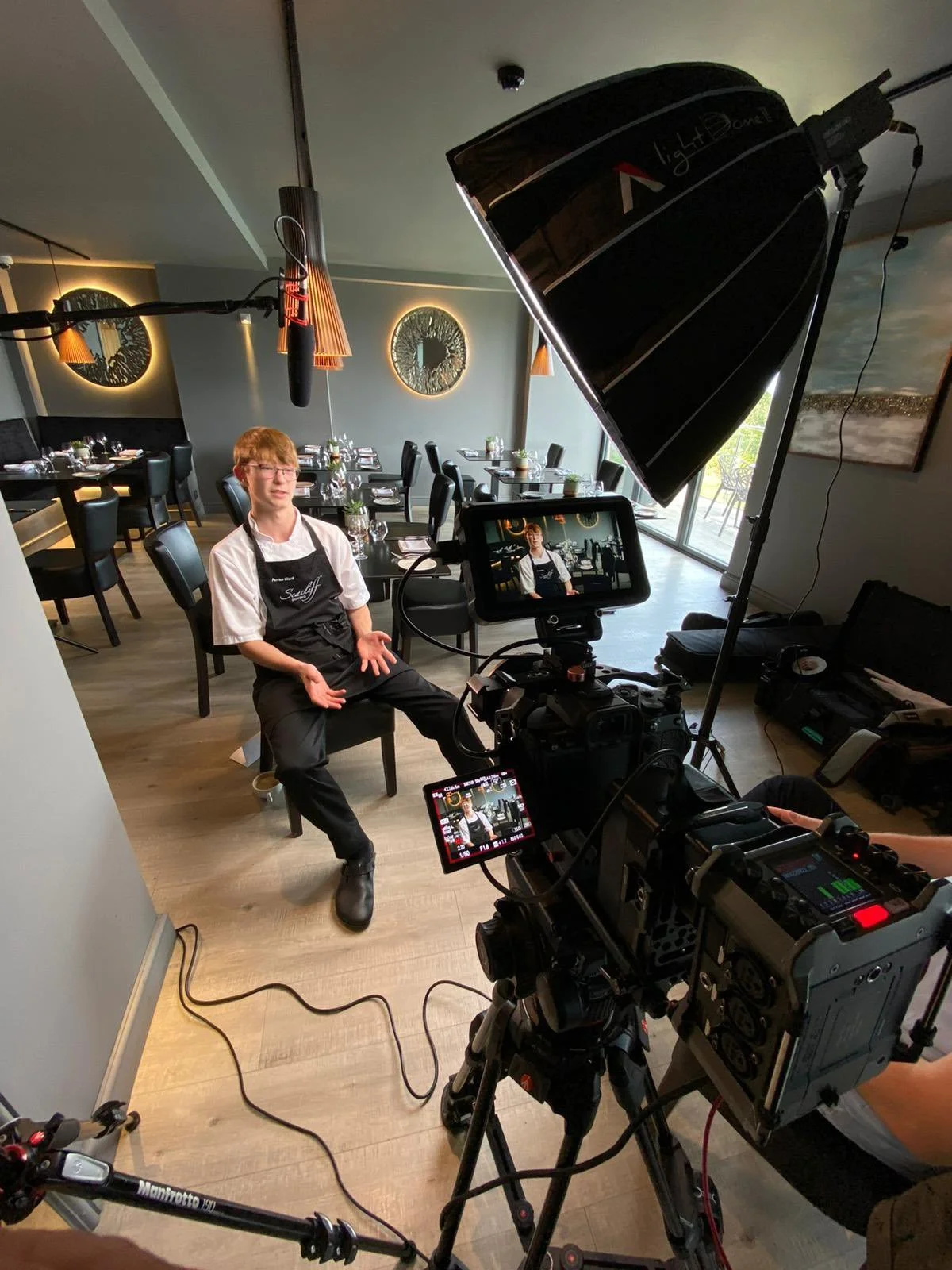How Long Does a Corporate Video Take?
If you’ve never made a video before or you’ve made one that turned into a slow‑moving nightmare, this guide is for you. As a video producer in the Midlands, I’ve spent a decade helping charities, councils and brands turn ideas into films without the stress. Here’s a straightforward process you can follow, complete with realistic timings and a few keywords to help people like you find answers when they search.
Why most corporate videos go wrong
It’s rarely the camera work. Most videos miss the mark because no one agreed what they were trying to achieve. That’s why planning comes first.. Before you start dreaming about drones, lights or casting, nail these two questions:
What’s the point? Are you selling a service, explaining a policy or inspiring people to take action? Write it down and get everyone to agree on it. If you can’t finish this sentence – “This video will help us X by Y” – hit pause and sort the purpose before you do anything else.
Who’s watching? A video “for everyone” connects with no one. Define your audience, what they care about and what you want them to think or feel by the end. You don’t need a 10‑page persona; you just need clarity. Ask yourself: if they watched the first 20 seconds, would they keep watching? Why?
Step 1: Write the brief (not the script)
A solid brief makes everything faster planning, filming and feedback. Keep it simple but clear. Include the goal, audience, key message, where the video will be used and what success looks like. This document is your north star when opinions start to diverge. Scripts are important; briefs are essential.
Step 2: Agree the format and style
Decide early if you’re making a talking‑head interview, a fast‑paced social cut, a cinematic brand film or an animated explainer. Tone, pacing, visuals and edit style should all serve the same goal. If you’re working with a production partner, they’ll help you choose what’s achievable and what’s overkill.
Step 3: Build a realistic timeline
Want a smooth project? Start with a clear schedule. A typical corporate video takes three to eight weeks from first call to final cut, depending on complexity. Here’s a rough breakdown, based on industry averages:
Brainstorming and planning: 1–3 weeks. This is where you clarify your goals, audience and story.
Pre‑production: 2–3 weeks. This includes writing the script or outline, booking locations and talent, getting permissions and agreeing logistics.
Production (filming): One day to one week. The shoot itself goes quickly if you’ve done your prep.
Post‑production: 1–3 weeks. Editing, sound design, colour grading and motion graphics take time, plus feedback rounds.
Distribution: Up to a week. Plan when and where you’ll release the video so it has maximum impact.
Need it faster? It’s possible if decision‑makers are available and approvals are quick. But rushed projects create stress; planned ones create clarity.
Step 4: Get your pre‑production ducks in a row
Pre‑production includes finalising the script or outline, scheduling the shoot, securing locations, preparing interview questions or voice‑over briefs and sorting out kit and crew. It may not be glamorous, but this is where projects are won or lost. The more thorough your prep, the smoother (and cheaper) everything else will be.
Step 5: Feedback rounds – what to expect
The first edit is never the final one – and that’s a good thing. Most projects go through two rounds of feedback: you watch the first cut and share your thoughts; we refine it and deliver a polished version. To keep this stage quick, decide who gives feedback, set deadlines and distinguish between must‑fix issues and nice‑to‑haves. Clear, decisive feedback gets your video finished; vague comments keep it in limbo.
Final thoughts: process = less stress
Great corporate videos don’t happen by accident. They happen because someone planned properly and stayed focused on the message. When you’re clear on what you’re saying, who you’re saying it to and why it matters, everything else falls into place. Good planning doesn’t just save time – it saves money, confusion and last‑minute rewrites. And the best part? It makes the whole process actually enjoyable.
Ready to start planning your own corporate, charity or council film? Drop me a line. I’ll help you figure out what to say, how to say it and how to get it done without the stress.







